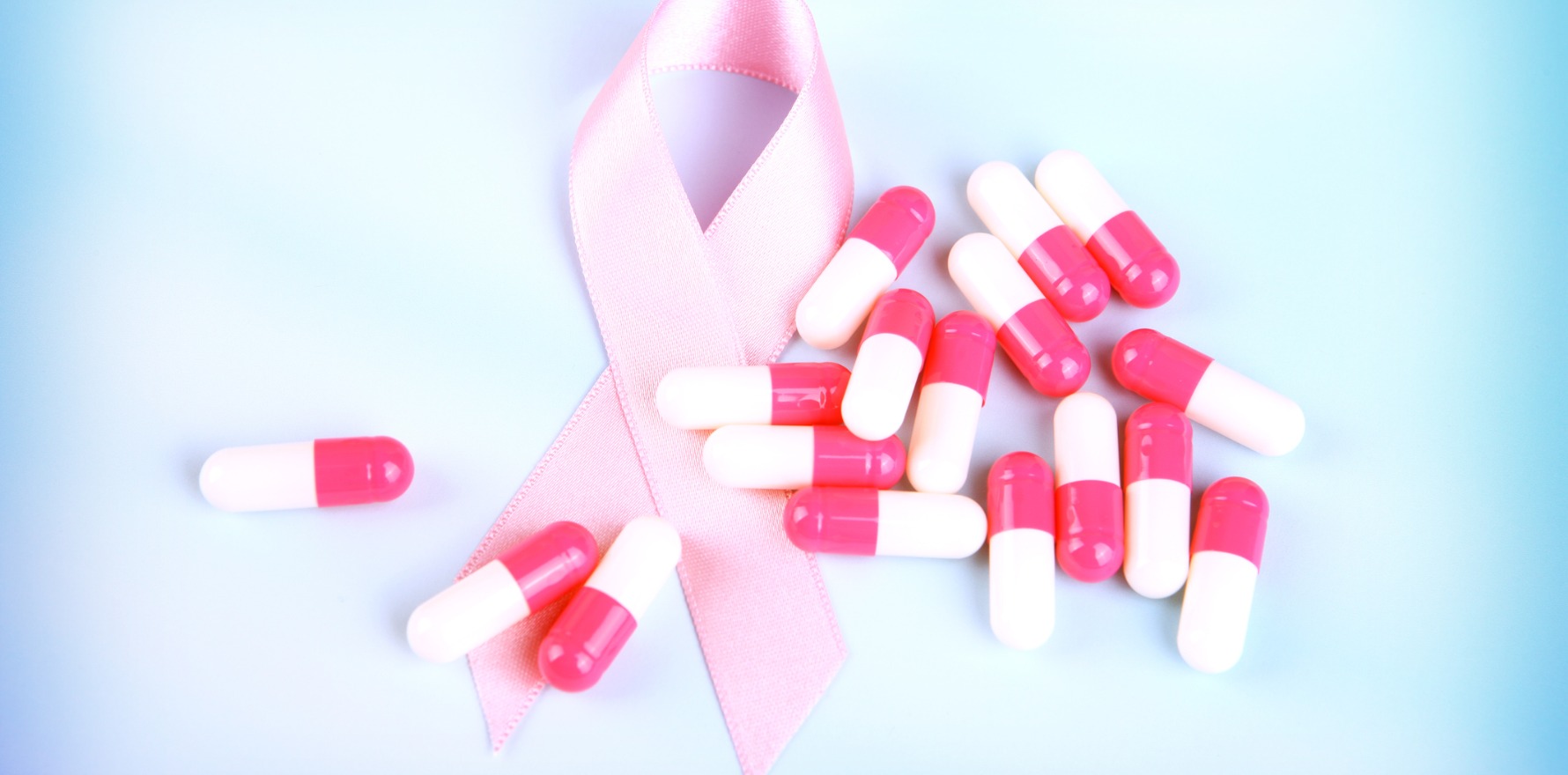A double-blind, placebo-controlled randomised trial has found no benefit in the use of daily aspirin for preventing breast cancer recurrence.
A double-blind, placebo-controlled randomised trial has found no benefit in the use of daily aspirin for preventing breast cancer recurrence.
The findings of the Aspirin After Breast Cancer (ABC) Trial were presented at the American Society of Clinical Oncology’s February Plenary Series last week, and also published in the Journal of Clinical Oncology.
The trial follows in-vitro and in-vivo evidence suggesting aspirin may have an anti-tumour effect, as well as multiple epidemiologic studies that have reported improved breast cancer survival among regular aspirin users compared to non-users.
Pooled data from randomised trials of aspirin for cardiovascular disease have also reported a decreased risk of metastatic cancer among aspirin users.
Lead author Dr Wendy Chen told the session that the trial set out to determine the true benefits and risks of adjuvant aspirin therapy for breast cancer survivors, through comparing the effect of 300mg aspirin daily versus placebo upon invasive disease-free survival in patients with high-risk, HER2-negative breast cancer.
Secondary objectives included effects on overall survival, cardiovascular disease, toxicity, and adherence.
“In this double-blind, placebo-controlled randomised trial, there was no benefit of aspirin 300mg daily on breast cancer invasive disease-free survival,” Dr Chen said.
“Although inflammation may still play a key role in cancer, it’s also important to remember aspirin may have different effects in other cancers, such as colon or different settings, such as primary versus secondary prevention.”
Speaking in the discussion segment of the session, Professor Angela DeMichele, of the University of Pennsylvania, said the trial followed 3021 participants between January 2017 to December 2020. The majority (81%) of women were post-menopausal, node positive (86%), hormone-receptor positive (89%), had received chemotherapy (83%) and were overweight (with a median BMI of 29).
“This is exactly the group that one would want to try to intervene upon because we would expect this group to have high levels of inflammation,” she said.
While adherence was high (more than 90% over the treatment period), the dropout rate of participants was also high (44% came off treatment early in both arms, primarily early in the trial, with 57% of these at these at the patient’s choice).
“We can conclude that those who did not want to take aspirin simply withdrew, while others who stayed in the trial stayed on therapy,” Professor DeMichele said.
“We know that self-report can be notorious for overestimates of adherence, so we do have to take this with a grain of salt.
“But the dropout here was non-differential and should not have affected the study outcome. And all of these patients were included in the intention to treat analysis.”
Professor DeMichele said the ABC was “a well-designed, well-conducted RCT of aspirin for secondary prevention of breast cancer recurrence and death.”
“Nonetheless the trial was stopped early for futility … the direction and magnitude highly preclude the possibility that there would have been a benefit with more follow-up,” she said.
“And although it was not statistically significant, we cannot rule out the possibility of a potential increase in breast cancer recurrence from the use of aspirin.
“For patients and providers, at this time, aspirin should not be used simply to prevent breast cancer recurrence. For those situations where there are other options, decisions about aspirin use for other indications should definitely include an individualised risk/benefit discussion between physician and patient.”


